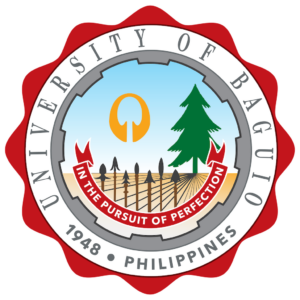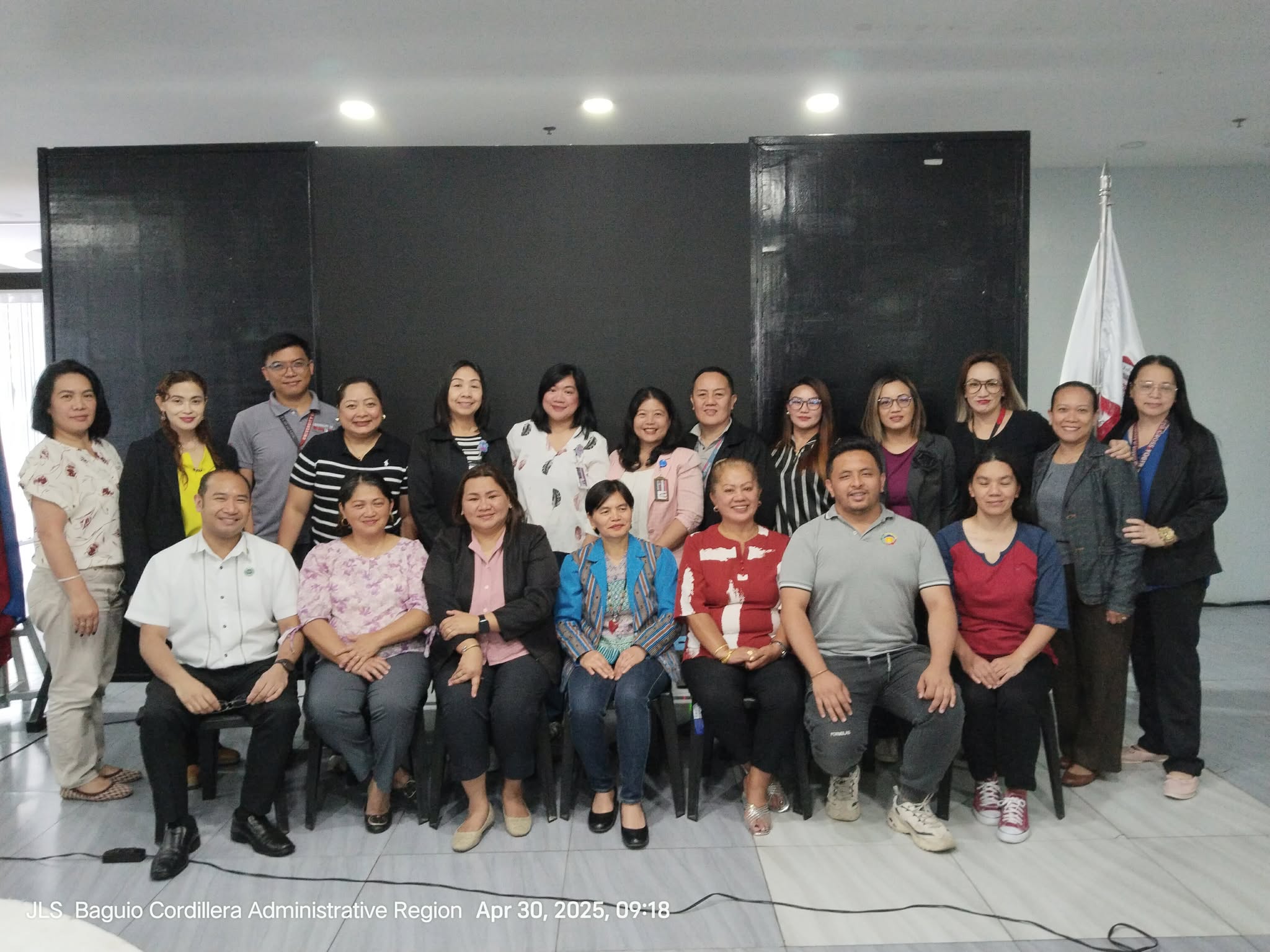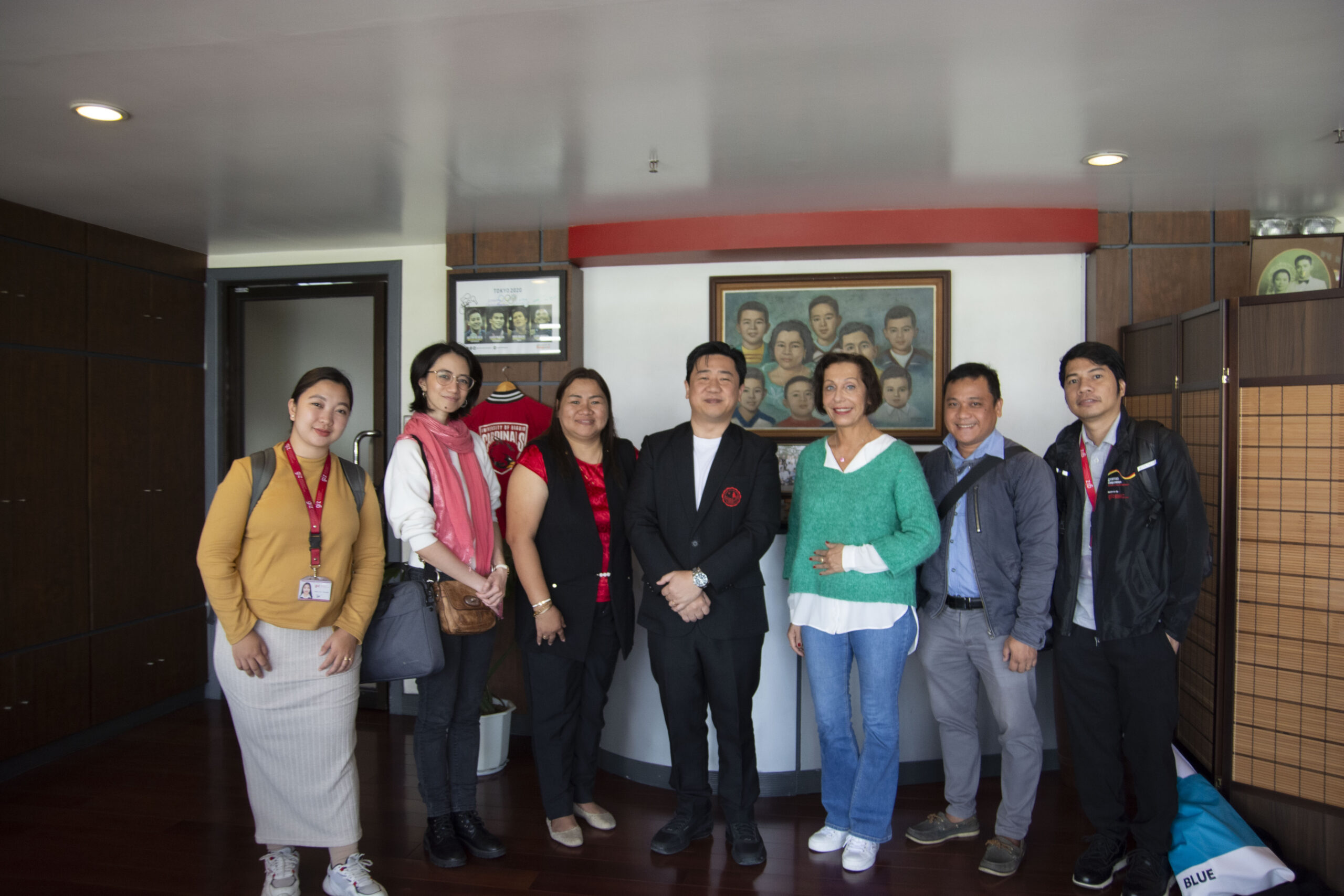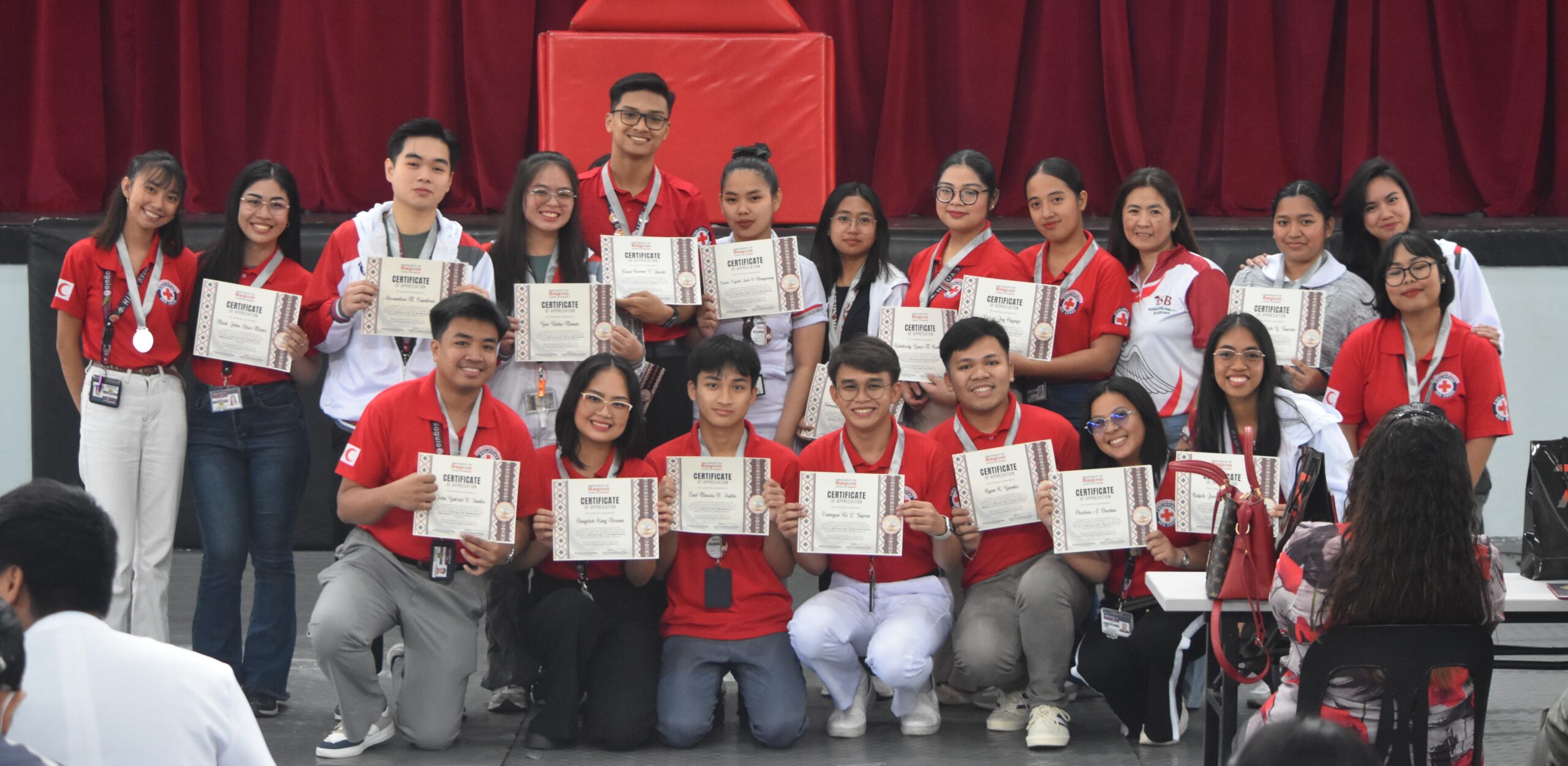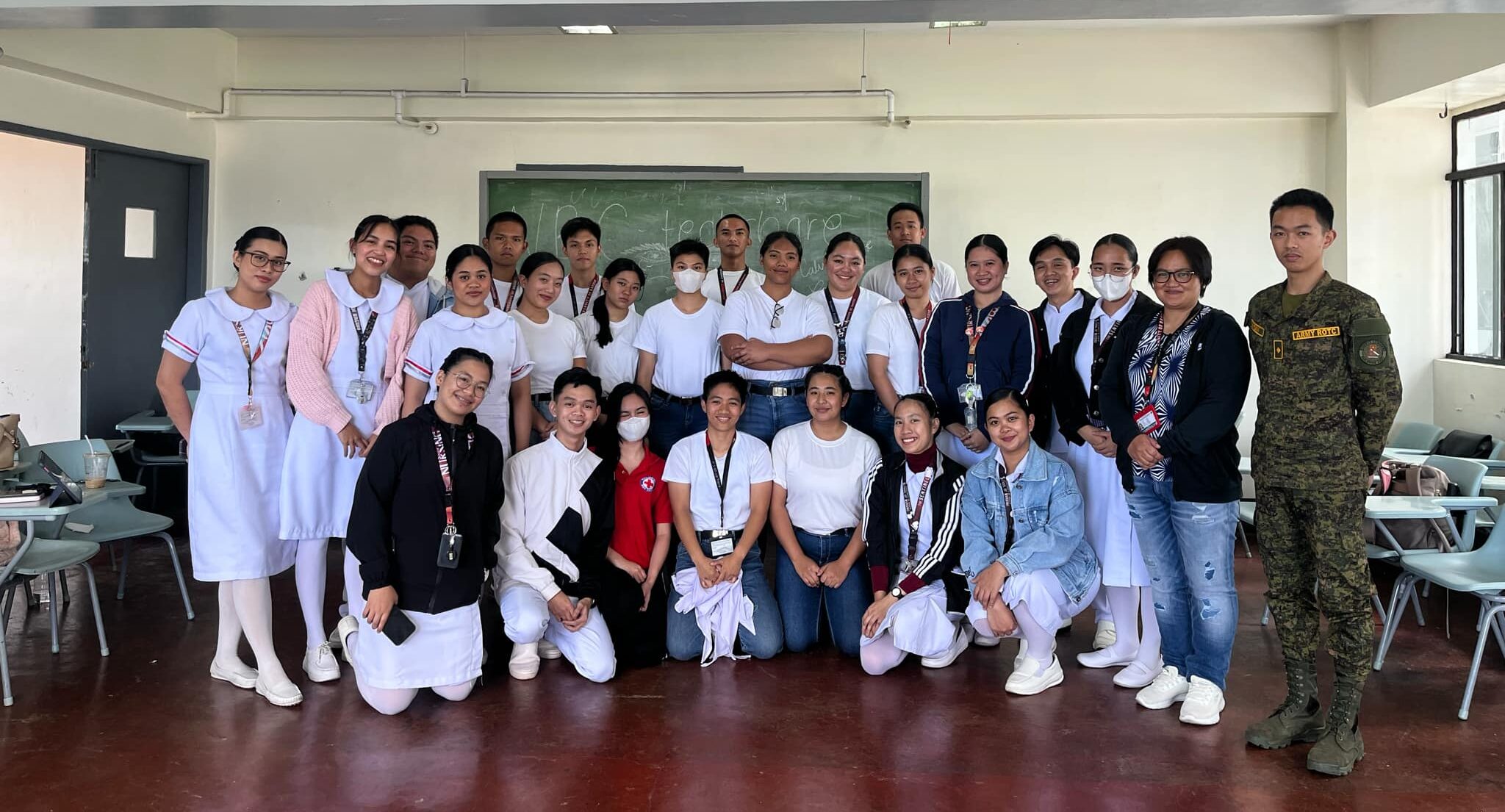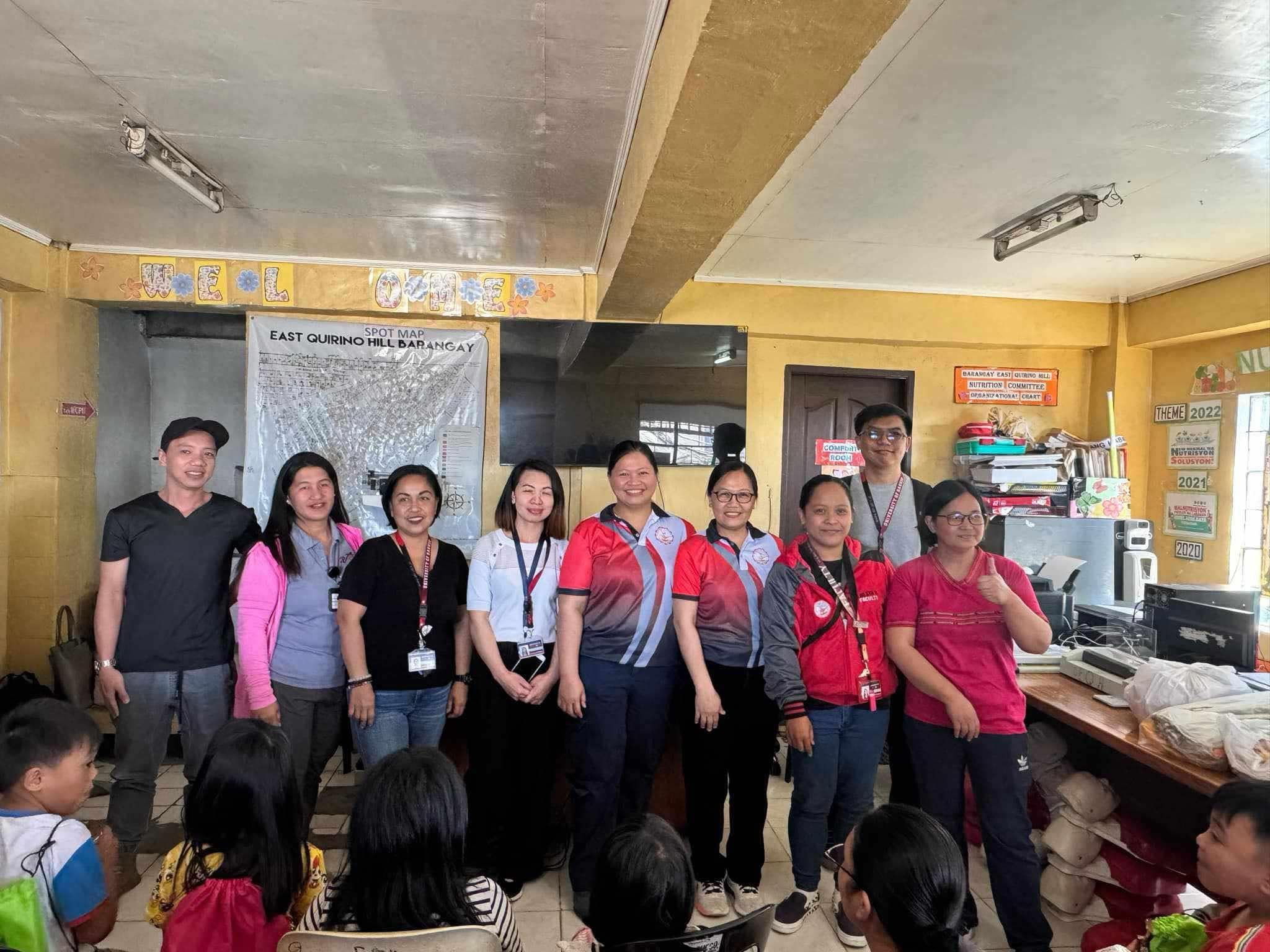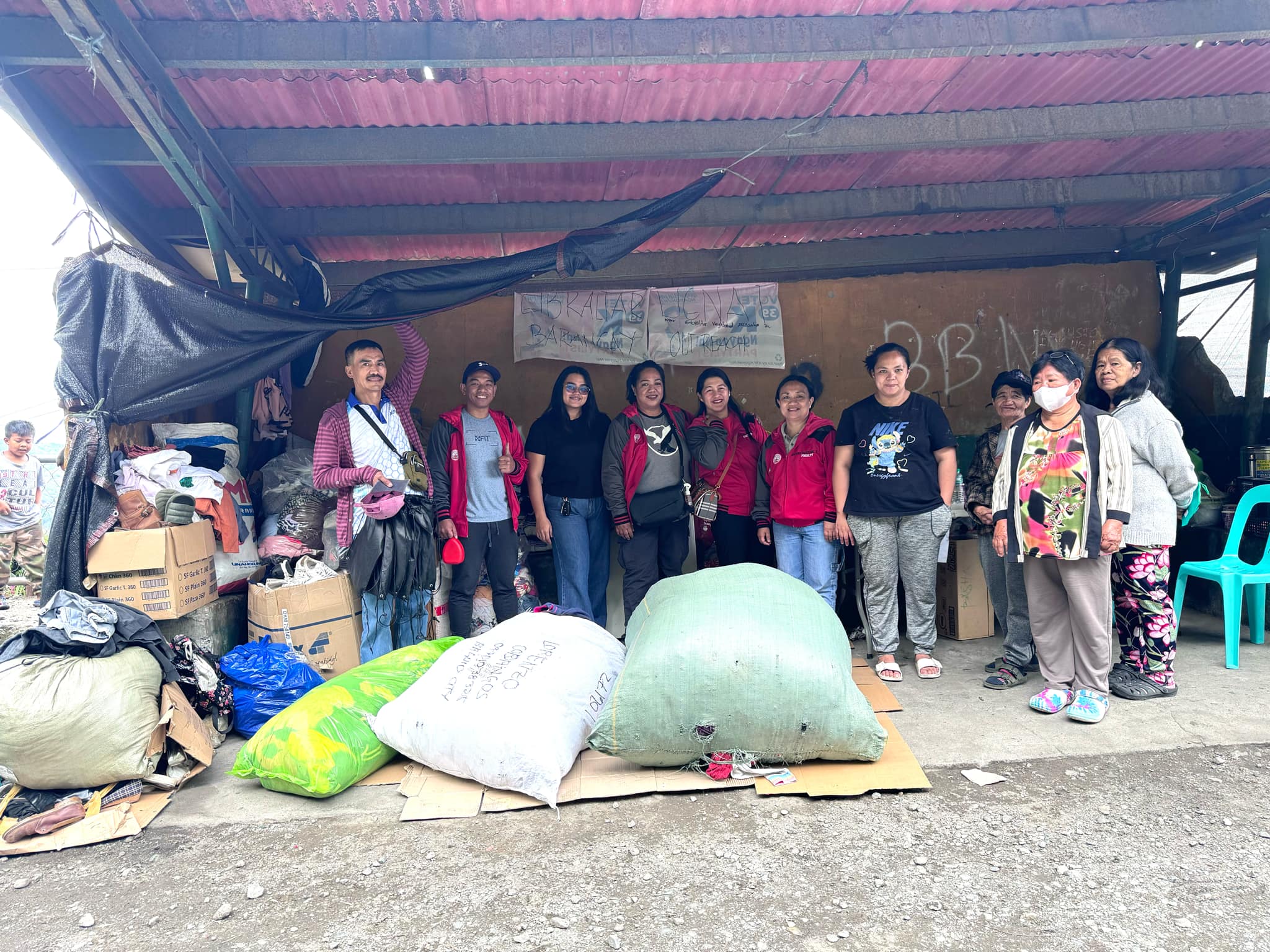Written by Fawn San Jose Maday-a
“Next to creating a life, the finest thing a man can do is save one”
– Abraham Lincoln.
This quote from a renowned figure continues to inspire the faculty members of the School of Nursing at the University of Baguio, motivating them to train not only adults but also children in Basic Life Support, with a special focus on Cardiopulmonary Resuscitation.
In life-threatening emergencies, quick action can be the key to survival, as they always say, every second counts, and knowing how to respond effectively can make all the difference. While adults are often the first responders, teaching children how to perform Cardiopulmonary Resuscitation (CPR) can give them the confidence and skills needed to save a life in critical situations.
On November 14, 2024, four clinical instructors from the School of Nursing – Jerome Changitan, Froilan Pelico, Remo Sab-it and Fawn Maday-a shared their expertise with the community at DPS Compound, Baguio City attended by Day Care Parents, some members of the barangay council, and Day Care students. This activity included both a lecture and a demonstration of how to perform Cardiopulmonary Resuscitation. The clinical instructors explained and demonstrated the step-by-step process, after which the participants were given the opportunity to perform return demonstrations.
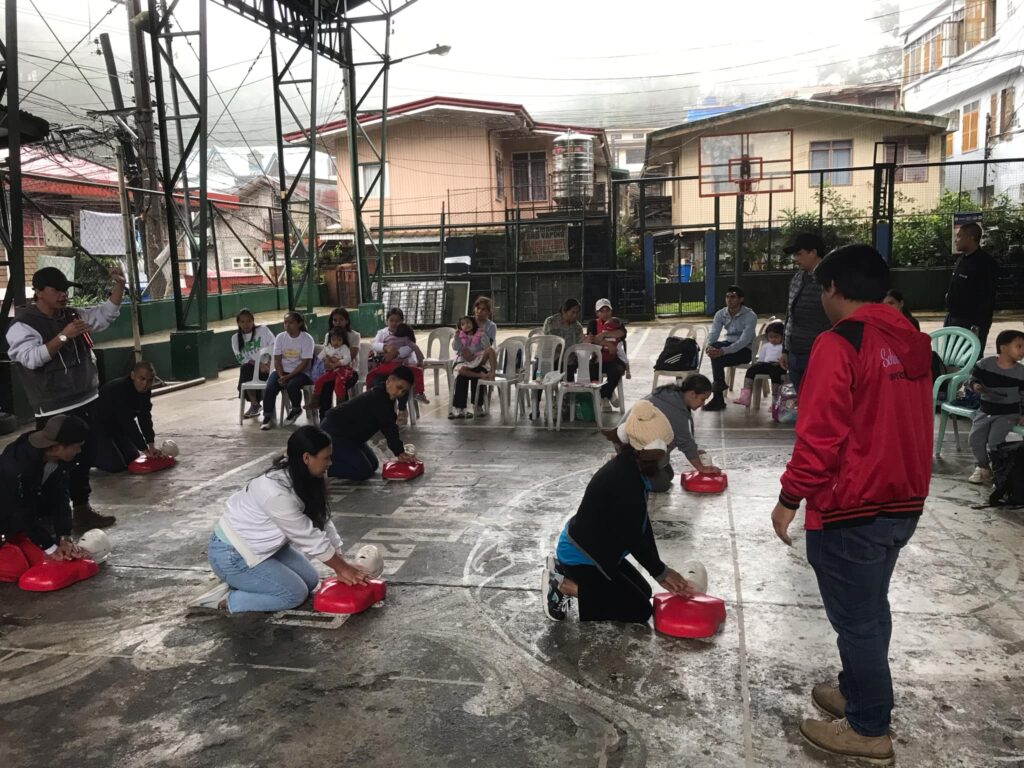
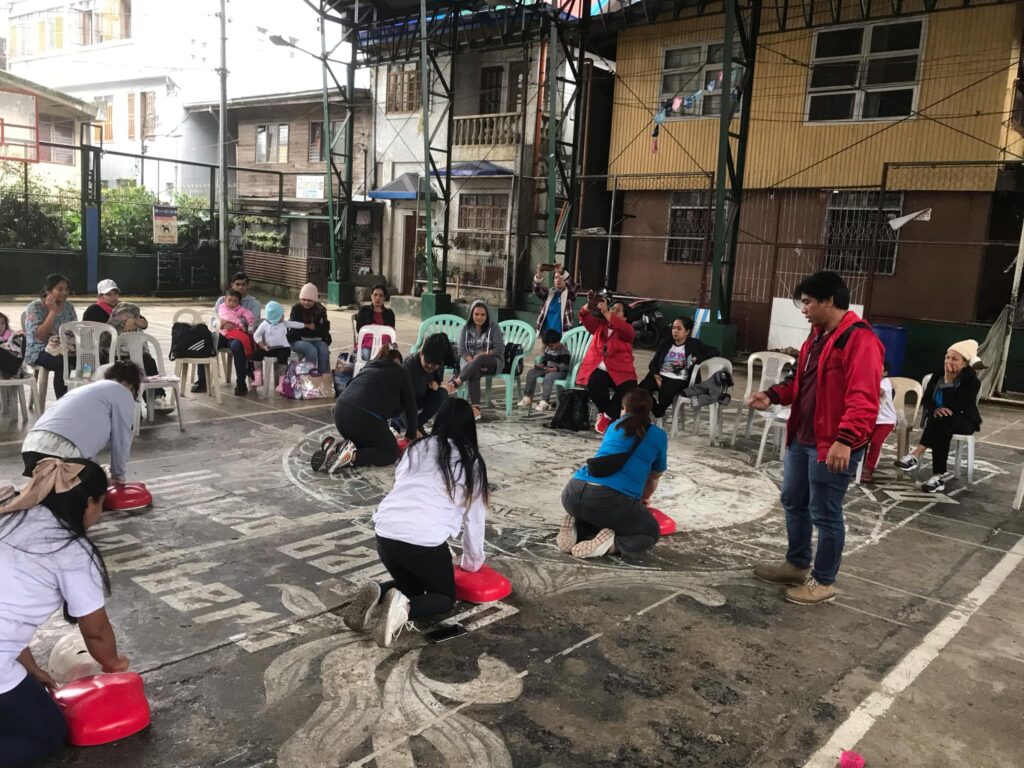
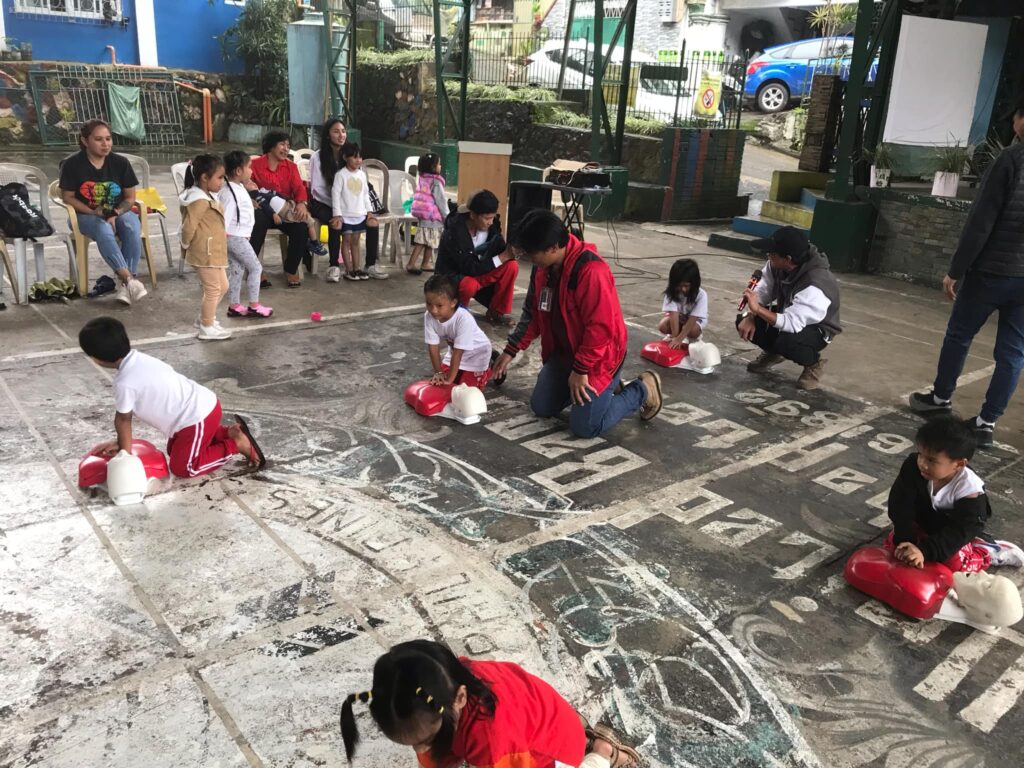
This hands-on practice allowed the facilitators to assess whether the participants were able to execute the proper techniques and follow the correct sequence for delivering high-quality CPR. Participants of all ages actively engaged in the return demonstration with daycare students drawing special attention from both viewers and fellow participants. The children enthusiastically performed Cardiopulmonary Resuscitation (CPR) techniques that were tailored to their age group, showcasing their eagerness and understanding of the skill.
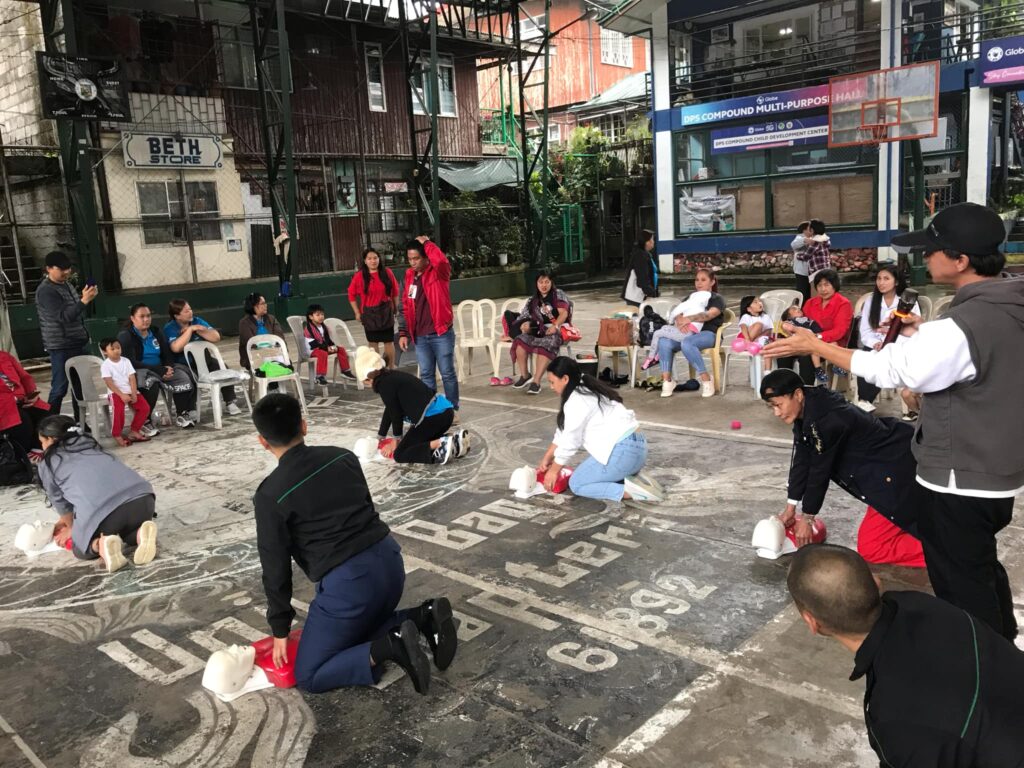
Though it may seem like an adult-only skill, more and more experts are recognizing that kids and teenagers can grasp the basics of CPR through age-appropriate training because life-threatening emergencies can happen anytime, anywhere. By introducing CPR early, we empower children to step up in emergencies, potentially saving the lives of friends, family members, or even strangers. We also believe that there will be a long-term benefit in instilling this life-saving skill even at a young age.
This activity is aligned with the attainment of Sustainable Development Goals; SDG3: Good Health & Well Being; SDG4: Quality Education; SDG11: Sustainable Cities & Communities and SDG17: Partnership for the Goals.

